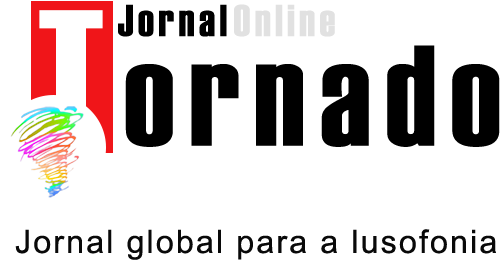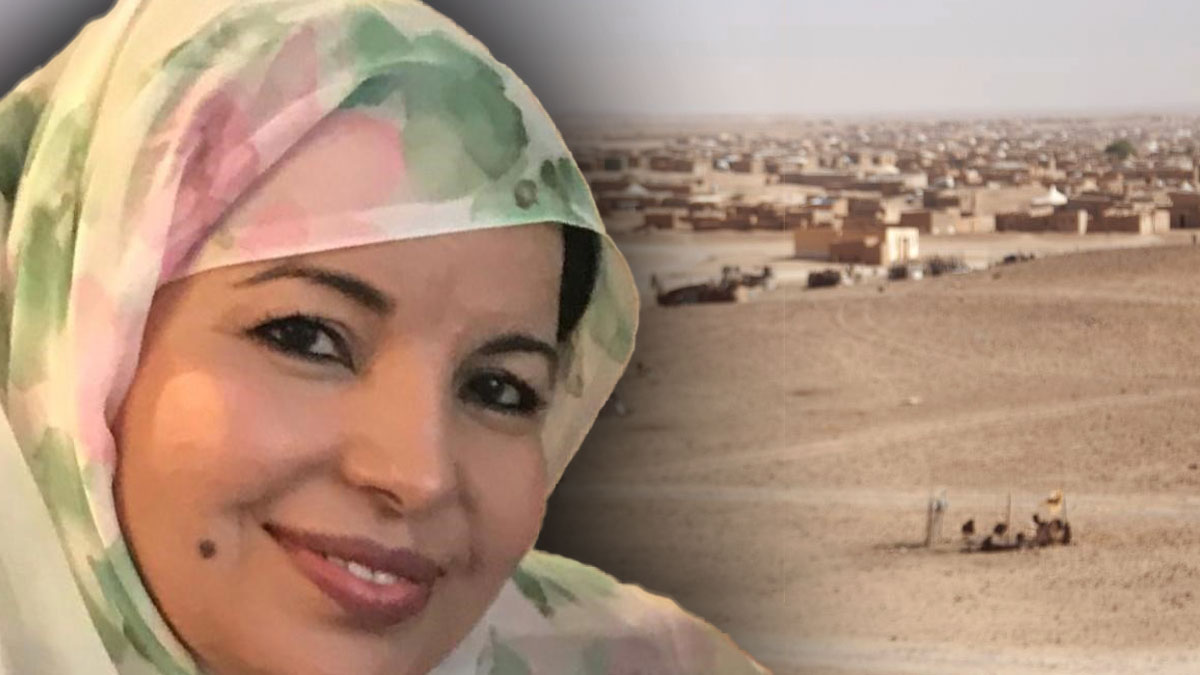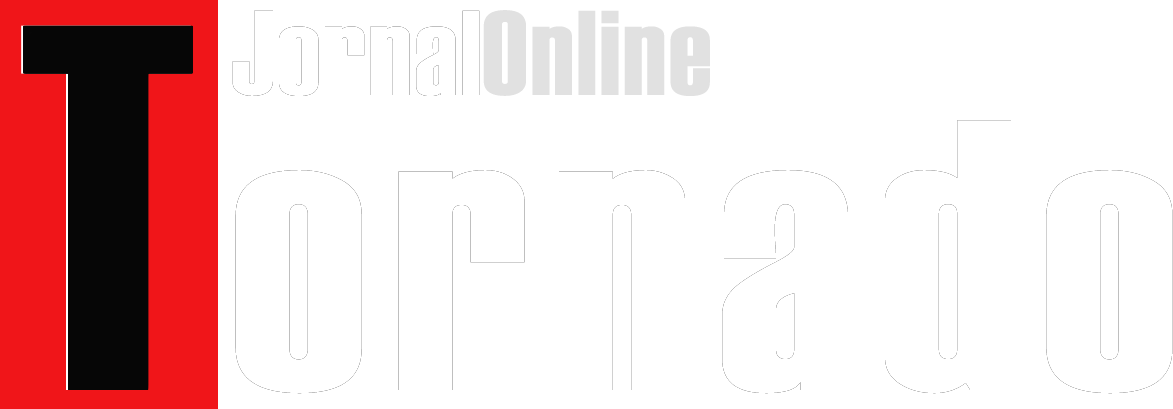Dr. Raabub Mohamed Lamin, is a doctor and Saharawi, in an interview with PUSL and the Tornado newspaper, she tells us about her reality as a woman, mother, doctor and Saharawi and the struggle for the independence of her country.
She was born in Western Sahara, grew up in the Saharawi refugee camps, studied in Cuba and lived and worked in Portugal and Spain. A true daughter of the Clouds as the Saharawi are called, a nomad not by choice but because of the demands of the life of a people under occupation.
She tells us about the policy of extermination of the Saharawi practiced by the Kingdom of Morocco.
Interview with saharawi doctor Raabub Mohamed Lamin
Dr. Raabub where you were born? How did it go to the refugee camps in southern Algeria?
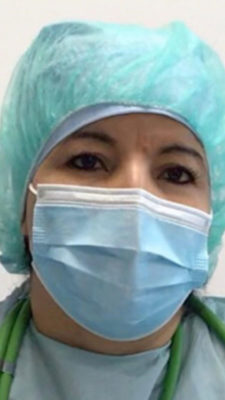 I was born in Western Sahara, in the part that is now occupied by Morocco. I was about a year old when Morocco invaded Western Sahara in 1975. The Saharawi population had to flee, the exodus began.
I was born in Western Sahara, in the part that is now occupied by Morocco. I was about a year old when Morocco invaded Western Sahara in 1975. The Saharawi population had to flee, the exodus began.
I crossed the desert in my parents’ arms, hundreds of kilometers until we reached Tindouf in southern Algeria where the refugee camps began to be built. But before we reached the border with Algeria, the Moroccans began to bomb the fleeing civilian population. The aim was one and only one, the extermination of the Saharawi. Many Saharawi died, many disappeared, others were seriously injured.
Those who managed to reach the places where the refugee camps are now, were in poor physical and psychological condition. Not only the weeks of escape and travel, but also the hunger and thirst they had to endure, the constant fear and bombs falling, the losses of loved ones.
In the refugee camps we lived in the middle of nowhere, we had to build and reinvent our space, with little or almost nothing we managed to organize and grow. Little by little, some international aid arrived.
The Moroccans and the Moroccan government publicly claim that they did not invade Western Sahara, but that they “liberated” the Saharawi, that the “green march” invasion was peaceful and only with settlers, what do you think about this statement?
Raabub laughs.
To believe what the Moroccans say is really not to believe anything. Moroccans invaded Western Sahara, this is a fact, it is not something we invented, the UN is a witness to this, as is the international community. Spain is a witness to this. Morocco and Western Sahara are two completely different countries despite being neighbors. We have different culture, language, society, traditions, dress and history. Morocco was colonized by France, we by Spain.
The facts are clear, since 1975 until today the Moroccans never wanted to “liberate” anyone, they have only one objective: the total extermination of the Saharawi population.
They started with the bombing of the fleeing population to exterminate the Saharawi, then built the separation wall that divides Western Sahara, the largest military wall with 2720km long, highly fortified and militarily equipped, with hundreds of thousands of soldiers and along the wall they placed anti-tank and anti-personnel mines that claimed thousands of lives and continue daily to claim lives and cause victims.
They did not come to free anyone, they came to occupy and kill and steal our natural resources in an intensive and savage way because they know that sooner or later they will have to leave our country and are stealing as much as they can, in the meantime. There is no freedom of speech, movement, association or press, it is the largest open-air prison in the world.
There is no freedom, there is no dignity and there is no justice, because for the Moroccan occupier, Saharawi are third-class citizens, they have no rights, and if they talk about their people’s right to freedom, they are arrested, raped and / or imprisoned. Therefore, they did not come to liberate anyone, they did come to exterminate, steal and imprison.
What is the role of Saharawi women in the diaspora in the struggle for independence?
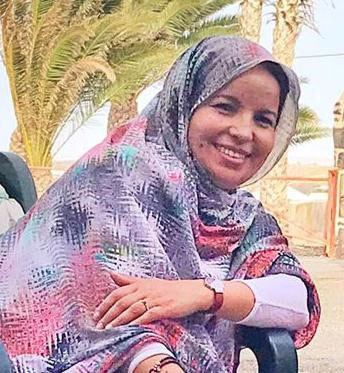 Our role is increasingly relevant, we are not in the armed struggle as before when women had to build and reinvent a space in the refugee camps, but we are still present in the tasks of education, health, administration. Today, women in the diaspora have another task, another struggle, the non-violent struggle. The non-violent struggle for the independence of our country is present in the occupied territories, in the refugee camps, but also in the diaspora where women have stood out.
Our role is increasingly relevant, we are not in the armed struggle as before when women had to build and reinvent a space in the refugee camps, but we are still present in the tasks of education, health, administration. Today, women in the diaspora have another task, another struggle, the non-violent struggle. The non-violent struggle for the independence of our country is present in the occupied territories, in the refugee camps, but also in the diaspora where women have stood out.
We organize and participate in demonstrations, debates, conferences, exhibitions, always with the objective of making the conflict in Western Sahara visible and the need to achieve our independence and peace, our legitimate right to self-determination according to United Nations resolutions and international law.
It is our task to break the silence and not let the world forget the Saharawi and their inalienable right to their homeland. This denunciation is present not only in organized events but in our daily lives, at work with our colleagues, on the street with people we know, in the neighborhoods where we live.
We try to get the media to talk about our cause and thus break the terrible silence around our cause and keep alive the flame of our struggle that many would like to extinguish. Saharawi women in the diaspora have to make themselves heard, since Saharawi women in refugee camps and occupied territories do not have many opportunities to be heard in the international arena.
Educating children living in the diaspora, maintaining and transmitting traditions is certainly a challenge. How do children identify themselves? As Saharawi?
Educating children outside their country, their culture is not an easy task. It is a task that needs many ingredients. First, it should be noted that children see and understand our attitudes, what we do and not so much what we tell them. So, for me to educate my children in my culture, in my language, in the tradition and history of my country, I have to be an example. Since they are little I teach them the history of my country, our reality which is their realit even though they were not born in our country, and they are growing up and being educated abroad. They have to know our reality; our struggle and I try to fight so that my children can see that I fight for a cause and they do the same thing and feel the same thing.
In fact, my children from a very young age go with me to all the demonstrations, hold the flag of the Sahara, know what the colors of our flag mean, because I insist on teaching them, telling the history of our country, the struggle of our people and make them active participants in this struggle and that is the only way to make them feel that this struggle is also theirs even though they were born and raised far from their homeland.
The language, a very important cultural factor, is not easy for a child who was born abroad where it speaks and studies in another language, to try to instill that it has to speak Hassania (Arabic Saharawi language). It is not enough to say that they have to learn, the family itself has to talk Hassania at home, but I saw that this alone is not enough. I think that diaspora children have to spend some time on their holidays in refugee camps in order to actually learn the language and culture, surrounded by Saharawi children and adults. In this time of experiencing reality in refugee camps, diaspora children learn more quickly and almost intuitively not only the language, but all traditions, games, the daily lives of Saharawi and the difficulties of living as a refugee.
We Saharawi parents in the Diaspora have to make these efforts so that our children create these bonds with their language, their culture and their reality.
In your opinion, do young Saharawi long for independence for Western Sahara?
I have no doubt; all Saharawi want the independence of their country. Morocco does not want to hold the self-determination referendum it had agreed upon and ratified because it knows it will lose. We all want the independence of Western Sahara, young people as well as the rest of the population, that’s why we can see the involvement of young people in activities and protests everywhere we are present and they are often the organizers and leaders of these initiatives themselves.
You lived in 4 cultures, Saharawi, Cuban, Portuguese and Spanish, how do you maintain your Saharawi identity?
Both I and many Saharawi have this “cultural richness” to which we were forced by the circumstances of the occupation and exile. But far from having driven us away or losing our Saharawi culture, in fact, in my opinion, it reinforced our Saharawi identity. These journeys, coming and going are not done by our choice or decision, but by the reality of the conflict in Western Sahara. These experiences reinforce and enrich our identity, further solidifying the Saharawi nationality in us.
In my case, I spent about a decade in each place. A little over a decade in the refugee camps, a little over a decade in Cuba, a little over a decade in Portugal, and almost a decade ago in Spain. In reality, as we live in each culture, we acquire things from each of them, and with the positive things that we learned in each one, we enrich our own culture. I personally feel that the more cultures I know, the more countries I know, the more I get attached to the Saharawi identity and culture. I try to introduce the positive things of other cultures and thus reinforce the fundamental pillar – my Saharawi identity.
Doctor and Saharawi – do you have added responsibilities?
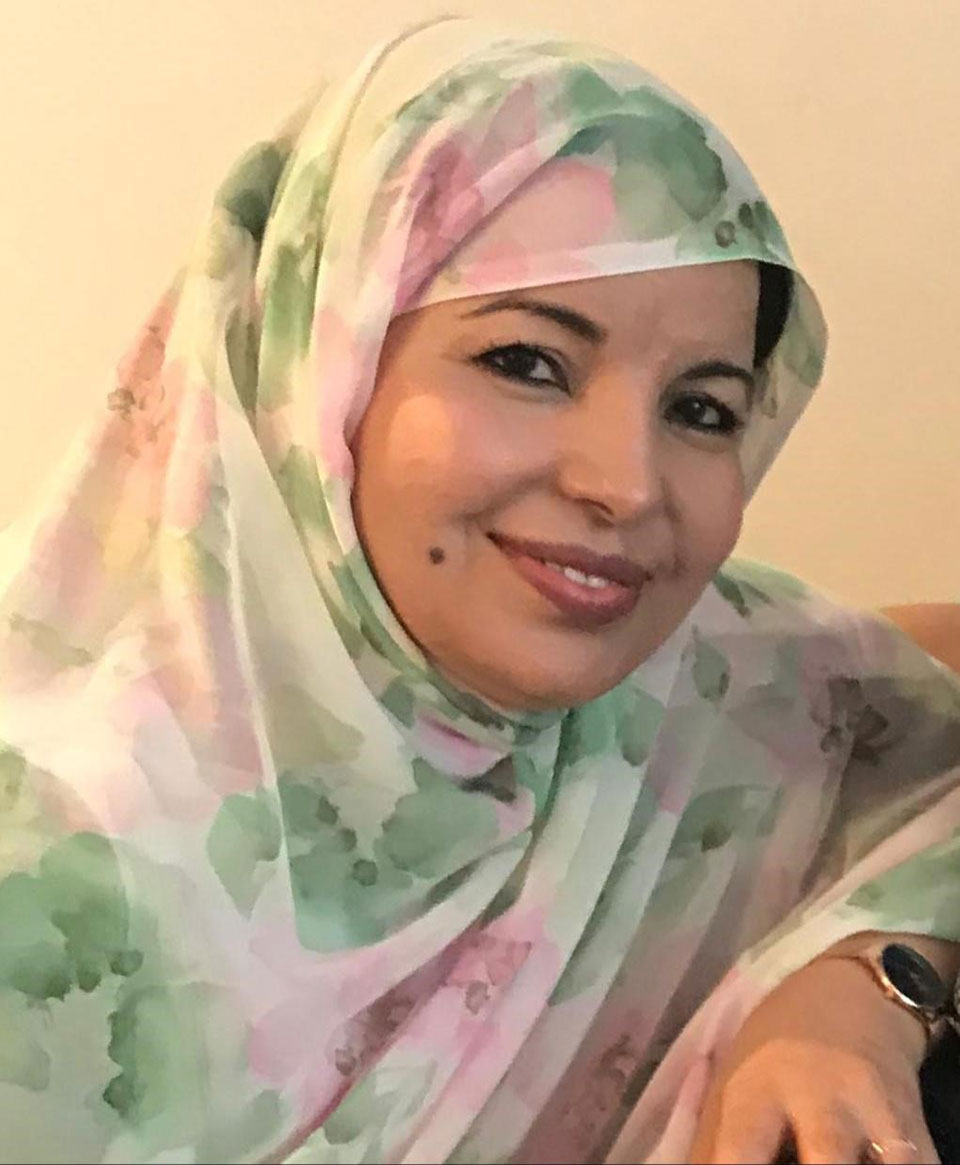 A lot of added responsibility, I am a Saharawi doctor and living and working in the diaspora. It is a double responsibility because on the one hand I have my work that I do in Spain, but sometimes I am in two places at once, it happens almost every day. My phone is working 24 hours to answer all the “telemedicinas”(consultation via phone) that I receive from the desert.
A lot of added responsibility, I am a Saharawi doctor and living and working in the diaspora. It is a double responsibility because on the one hand I have my work that I do in Spain, but sometimes I am in two places at once, it happens almost every day. My phone is working 24 hours to answer all the “telemedicinas”(consultation via phone) that I receive from the desert.
I usually say that I am in an emergency room 24 hours a day, 365 days a year. So, I have the responsibility for my work here and my responsibility as a doctor for my people. But this is not just my case, it is the same with my fellow Saharawi doctors and other professions. We always have an added responsibility and we are always thinking about our people and how we can help.
In fact, we Saharawi women who studied in Cuba have a humanitarian association in the field of medicine to help our people the best way possible. But there are a lot of other association in the diaspora and we have a coordination amongst all.
Pain of absence and separation, is it something you feel daily?
The pain of absence is permanent in my life and that of any Saharawi. We are not divided twice, we are divided 3 and 4 times, not by choice but by the conflict in which we live in Western Sahara.
We are separated between refugee camps, occupied territories, liberated territories and the diaspora. I remember that I had recently arrived in Portugal and saw a television program of a reunion of family members who had lost contact with each other. This touched me, touched me deeply because this is my situation, the life of the Saharawi is like that, we were born and grew up apart, without being able to see our families. Each Saharawi has family members scattered across different places that he cannot visit or see, due to the occupation. We identify with all the situations that are related to the separation, a movie, an interview, a story, an article, I am crying. I had to leave my home at the age of 12 to live more than a decade away from all my family members, to be able to study and like me hundreds, thousands of Saharawi walk from one country to the other or are waiting on either side of the wall.
What would be your task if there was a return to war?
I hope that it is not necessary to return to armed struggle and war and that the agreed peaceful solution is implemented.
But if that is not possible and if we return to war I will always be on the side of my people and the decision made by SADR. In this scenario, and as I am a doctor, this would probably be my task as it has been until now, but I am available to perform other tasks if necessary, without any problem.

Receba a nossa newsletter
Contorne o cinzentismo dominante subscrevendo a Newsletter do Jornal Tornado. Oferecemos-lhe ângulos de visão e análise que não encontrará disponíveis na imprensa mainstream.

